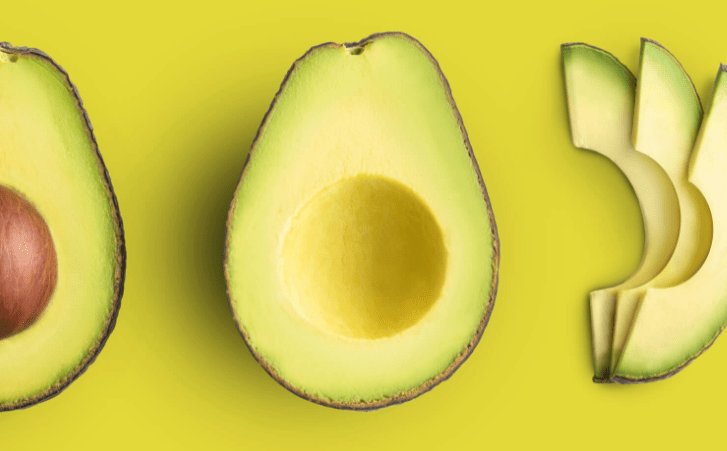A Mexican citizen filed an environmental complaint against avocado production in Mexico, totaling 2.6 million tons in 2022, with the Mexico-United States-Canada Agreement (USMCA).
The USMCA Commission for Environmental Cooperation (CEC) received the environmental complaint on February 2.
In Mexico, Michoacán is the leading avocado producer, with a 75% share, followed by Jalisco (11%), State of Mexico (5%), and Nayarit (3%).
According to the Petitioner, who remains anonymous, the area dedicated to avocado in Michoacán has shown an accelerated growth and this has been basically at the expense of forest land.
In 1997, with the opening of the U.S. market, the Association of Avocado Producers and Packers (APEAM) was founded to respond in an organized manner to the production of avocados for export.
«This scheme has boosted avocado production and marketing of avocados to historic records every year. Unfortunately at the same time, it has also boosted deforestation and negative environmental impacts in several areas in Michoacán,» the petitioner argued.
Avocado production
In September 2021, APEAM recorded on its website the integration of 29,000 producers, 65 packing houses and the registration of 962,000 tons exported in the 2019-2020 season to the United States.
By December 2022, the number of producers grew to 32,315, and 81 packers.
The Petitioner states that a very significant growth, showing the «green gold rush». This implies or implied 150,000 registered hectares and the recognition to 43 municipalities within the avocado belt, from the 22 municipalities that were included in the belt in 2017.
It is estimated that avocado producers not associated with APEAM (for the moment) may be planting an equal or larger area, so the area planted with avocado in Michoacán in 2022 could easily reach 300,000 hectares.
In the narrative of the environmental problems caused by avocado production in Michoacán, the Petitioner states that the forest and its ecosystems produce environmental services and that the forest and its ecosystems are public goods and are closely linked to other public goods.
Environmental services are defined as the indirect services that society obtains free of charge from ecosystems.
The Secretariat of the Commission will review the submission within 30 days and determine whether it meets the requirements.
![]()

